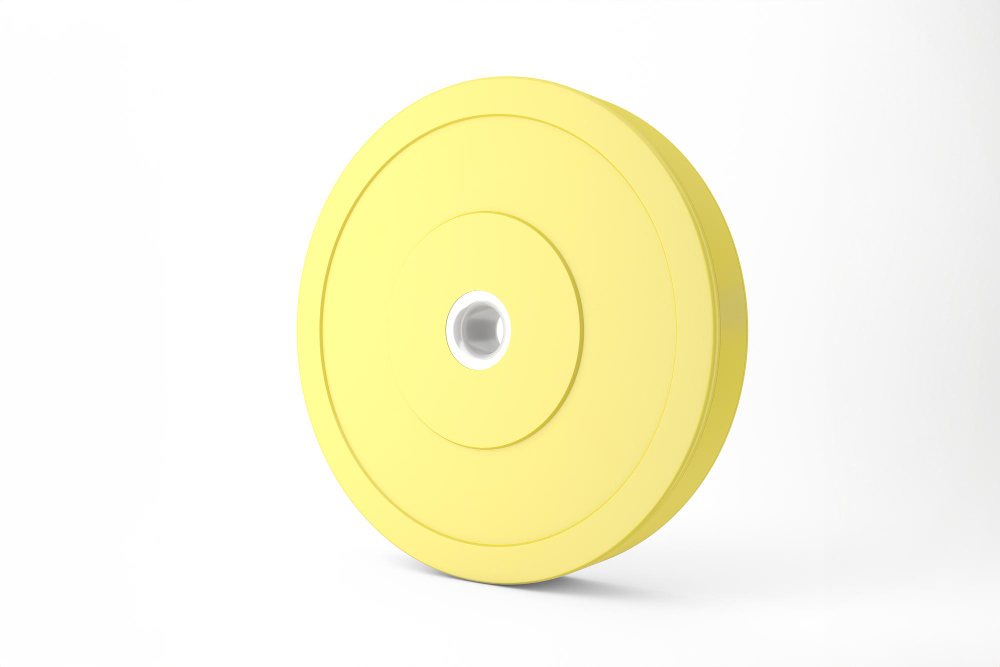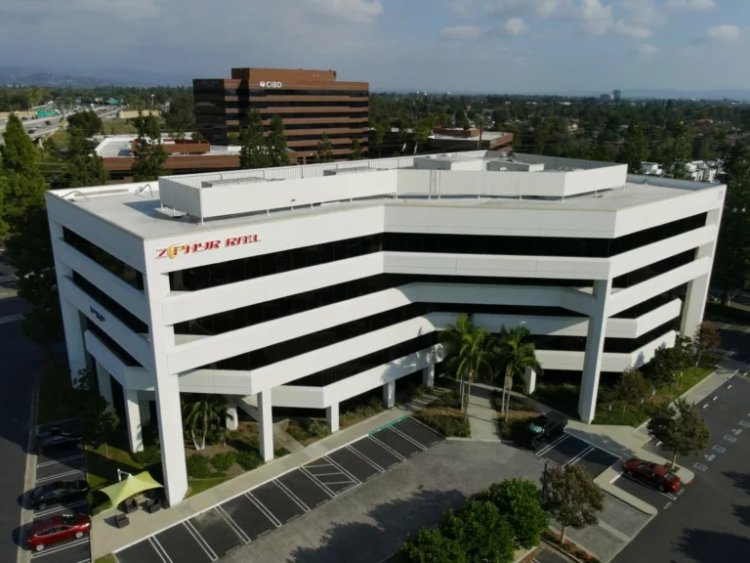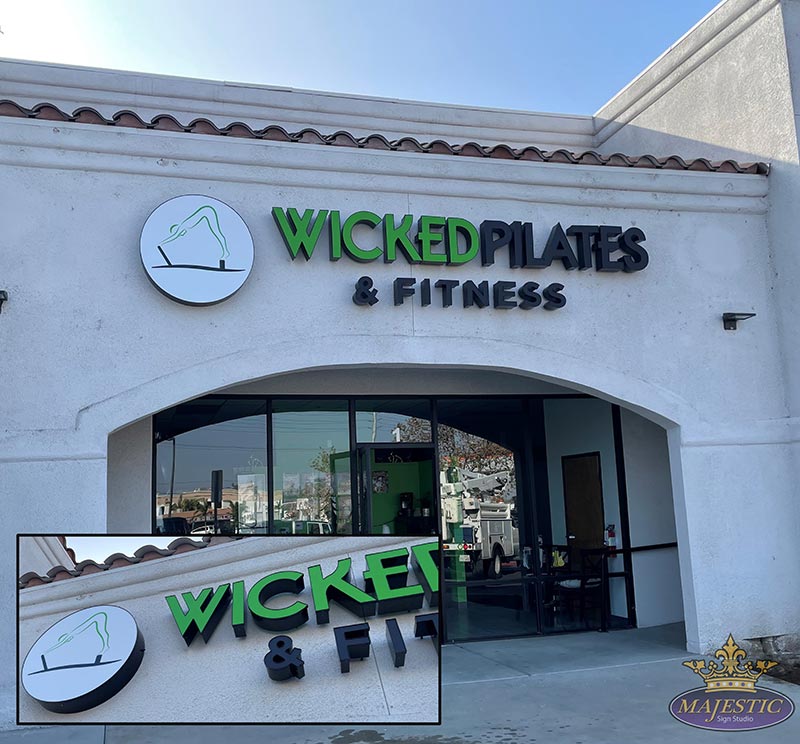
In the demanding world of industrial mobility, the components chosen to support and move equipment play a crucial role in operational efficiency. From manufacturing units and warehouses to distribution centers and logistics hubs, every detail counts—especially when it comes to mobility systems. Among the wide range of wheel materials available, polyurethane wheels have emerged as one of the most reliable, versatile, and durable solutions, particularly in heavy-duty applications.
These wheels have transformed the way industries approach load-bearing mobility, offering a combination of strength, resilience, and surface protection that other materials often struggle to match. Designed to withstand the pressure of daily use in challenging environments, polyurethane wheels offer long-term performance with minimal maintenance requirements.
What Makes Polyurethane Wheels So Resilient?
Polyurethane, a synthetic elastomer, is known for its unique ability to provide the flexibility of rubber combined with the toughness of metal or hard plastic. This balance of softness and strength allows it to absorb shocks while maintaining structural integrity under high stress.
One of the defining characteristics of polyurethane wheels is their exceptional load-bearing capacity. Unlike rubber wheels that may deform under heavy weight or metal wheels that may damage flooring, polyurethane offers a middle ground—it holds its shape under pressure while protecting the surface it moves on. This makes them ideal for environments where both strength and floor preservation are essential.
The resilience of polyurethane also extends to its resistance against wear and tear. It doesn’t crack, split, or crumble easily, even under rigorous usage. This is particularly important in settings where equipment is in constant motion, often carrying substantial weight over long shifts and uneven surfaces.
Performance in Harsh Environments
One of the reasons polyurethane wheels are favored in heavy-duty applications is their ability to perform under adverse environmental conditions. Whether it’s exposure to moisture, oil, chemicals, or extreme temperatures, polyurethane retains its integrity far better than conventional materials.
In operations where cleanliness and hygiene are a concern—such as food processing, pharmaceuticals, or clean-room manufacturing—polyurethane wheels prove to be an excellent choice due to their non-marking and non-porous properties. They resist absorption of liquids and are easy to clean, reducing the risk of contamination and deterioration.
Moreover, in areas where temperature fluctuations are frequent or where static electricity could pose a safety hazard, polyurethane can be specially formulated to withstand these factors. With options available in anti-static and high-temperature-resistant variants, these wheels adapt seamlessly to specialized operational needs.
Smooth and Silent Operation
While durability and strength are essential, the operational experience also matters. Polyurethane wheels are known for offering smooth, quiet rolling—something that’s highly valuable in environments where noise reduction is necessary. Whether it’s a hospital corridor, a retail showroom, or a high-traffic warehouse, these wheels reduce the clatter and vibrations often associated with harder materials.
The cushioning effect of polyurethane not only makes handling easier and quieter but also minimizes vibrations that could affect sensitive equipment or fragile goods in transit. This added layer of shock absorption reduces the wear and tear on carts and trolleys, extending the lifespan of the entire mobility system.
Tailored for Heavy Loads
In heavy-duty settings, the load capacity of the wheel becomes a critical factor. Polyurethane wheels excel here, often outperforming rubber in high-load scenarios. Their dense composition provides a solid foundation for weight distribution, ensuring that even under full load, the wheel maintains balance and control.
Thanks to modern precision engineering, many polyurethane wheels are built with high-grade cores—often made of steel, aluminum, or polymer—that support the outer polyurethane tread. This design approach ensures that the wheel remains sturdy and structurally sound even when subjected to continuous use and substantial weight.
Another advantage of polyurethane is its low rolling resistance. This makes it easier to move heavy carts or equipment, reducing the physical effort required by workers and decreasing strain on automated systems. Over time, this results in improved efficiency, less fatigue for staff, and reduced operational costs.
Versatility in Industrial Use
The versatility of polyurethane wheels extends across a wide range of applications. In manufacturing units, they are commonly found under assembly line carts and heavy machinery, offering consistent movement and safety. In warehousing, they are used in high-capacity racks, platform trucks, and pallet trolleys to transport large volumes with ease.
Logistics and distribution centers also rely heavily on polyurethane wheels for their ability to maintain load integrity during movement, even across rough floors or docking ramps. In the automotive industry, where precision and control are paramount, polyurethane provides the traction and stability required to move sensitive components.
Even in aviation and defense sectors, where mobility solutions must withstand extreme conditions and critical loads, polyurethane wheels are often the material of choice.
Conclusion
In the evolving landscape of industrial mobility, where durability, safety, and efficiency are paramount, polyurethane wheels stand out as a superior solution. Their ability to handle heavy loads while offering smooth, quiet, and damage-free movement makes them an essential choice for demanding environments.
Designed to last and built to perform, polyurethane wheels are more than just components—they are long-term partners in productivity. Whether you’re optimizing your warehouse operations, upgrading your factory equipment, or simply looking for a wheel that won’t let you down, choosing polyurethane means investing in reliability, performance, and peace of mind.






